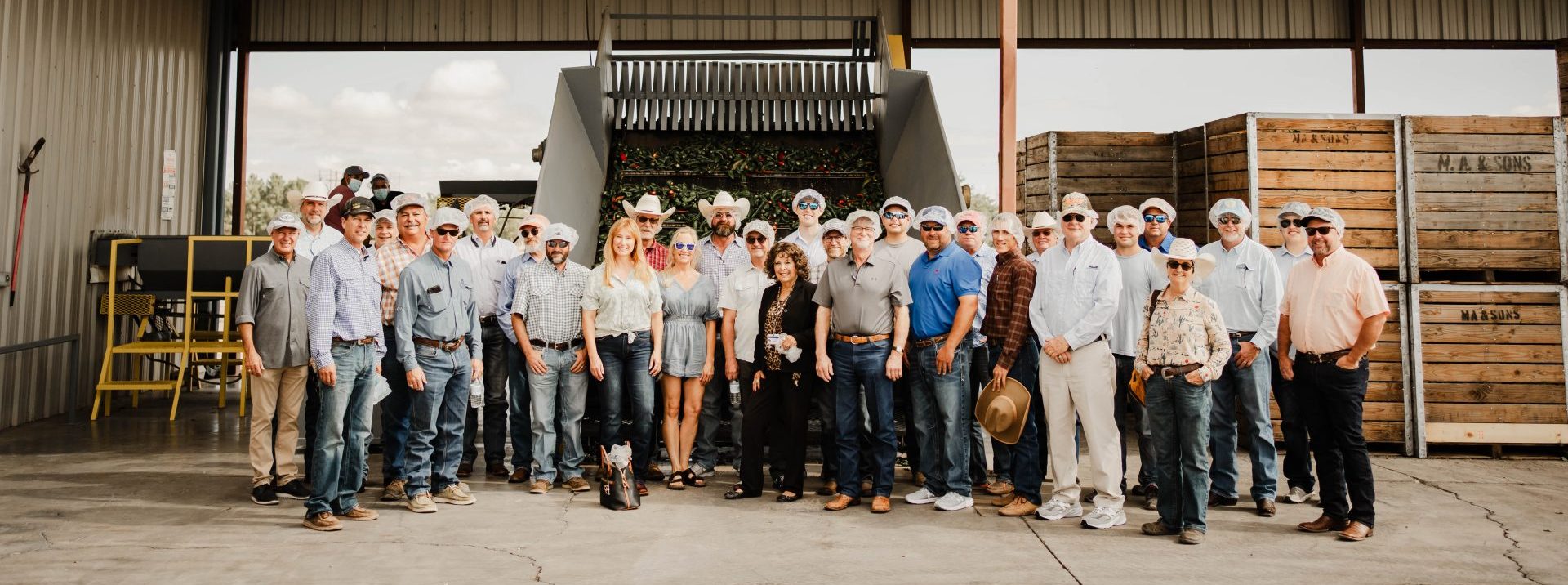The Ultimate Land Buying Guide
Get advice from our lending experts on how to purchase land.

Reasons to Buy Rural Land
Recreation
Farming and Ranching
Investment
Country Home

Download The Free Guide
Texas and New Mexico are among the top states in the country for land and rural property to purchase. Fill out the form below to download our comprehensive land buying guides for both states.
Factors to Consider
Once you know why you want to buy land and you have a specific area in mind, there are some additional things to think about.
The way you intend to use the land will determine how much you need. If you want to build a country home, five to ten acres may be enough. If, however, you want to raise cattle, you’ll probably want more.
It’s rare for rural property to be completely raw (untouched by people or machines). As you look at various pieces of land for sale, take note of the features on that land. Are there structures already built? Does it have a water well? If so, is the well still producing, and working? Find out what utilities already service the area before you assume there will be electricity, water, or internet.
Once you buy the land, how will you get to it? Is there an entry point from a public road? If there is no public road, then you may not have the legal right to access the land, even if a private road exists.
Is it wooded or cleared? Is there waterfront? Does it sit on a bluff? Are there bodies of water like creeks, streams, ponds, or lakes on the property? Is it flat or are there multiple levels of terrain to navigate? Bluffs make for great views, but they can limit the farming area.
Prices for land vary significantly based on a variety of factors such as location, aesthetics, and size. A realtor who knows the area you’ve targeted can help you determine average land prices. This is also why appraisals are important.
As you consider buying rural land, keep in mind that utility services may or may not be available in that particular location yet. Just because you see a water line or a well on the property doesn’t mean there is water running. It’s best to contact the local utility providers (for water, electricity, internet, etc.) to verify which services are available and which are running to that particular section of land. If the piece of land you want to buy needs utility service, it’s possible to include the cost of securing those services in a land loan. Find out from the local service provider what the cost will be.
Deed restrictions, zoning, and flood plains can restrict your use of the property so it’s important to be aware of their existence before closing. The specifications should be included in the title commitment or referenced in the survey. For instance, there could be access issues, or restrictions on subdividing the land. Things like permits and zoning vary from county to county. Check before purchasing the property to confirm that you will be able to dig a well or put in a septic system, if needed.
Even if the land is accessible from a county road, accessibility on the land itself is up to the property owner. You can hire bulldozers to clear the path and gravelers to cover it and protect it from erosion.
If you’re anticipating tax exemptions for your land because of how you plan to use it, it’s important to know that those exemptions are not guaranteed. Agricultural and homestead exemptions may be available. We recommend you contact the county appraisal district to determine what exemptions are in place prior to purchase. It can take as long as five years to re-establish an agricultural exemption.
Choose a Lender
Unless you’re paying cash for a new property, you’ll need to consider financing. AgTrust Farm Credit was
established in 1917 as part of the nationwide Farm Credit System. The Farm Credit System was established by Congress in 1916 to provide farmers and ranchers with a reliable source of credit during good times and bad.
You don’t have to be a farmer or a rancher to take advantage of our lending system, though. Any person or legal entity who is purchasing rural real estate (land outside the city or within a town of 2,500 people or less) is eligible to apply for a loan from AgTrust Farm Credit. Another bonus of using AgTrust Farm Credit versus a traditional bank is that you’re more than a customer with AgTrust Farm Credit. AgTrust Farm Credit is an agricultural cooperative that shares our earnings with our customer-owners through a cash patronage program. The greater our earnings, the more patronage dividends we are able to return to our eligible stockholders.
Get Started
Regardless of which lender you choose, there will be an application process. Filling out the initial forms will give you some insight about what information the lender needs in order to qualify you for a rural land loan.